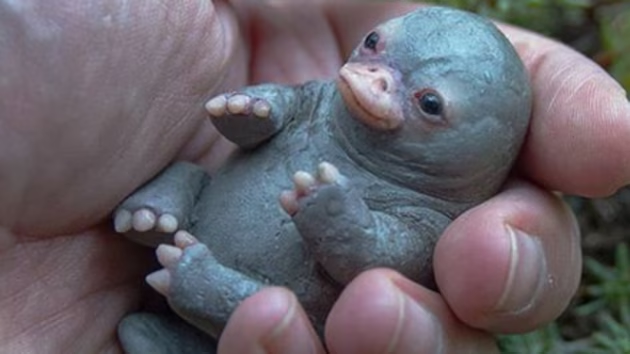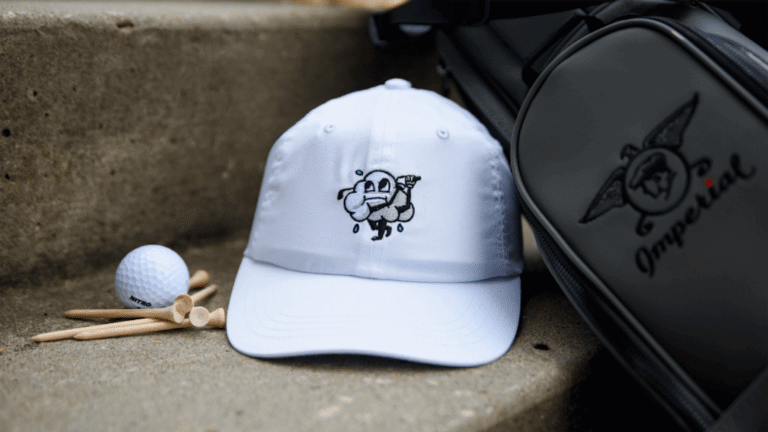
baby hippopotamus
Hippopotamuses are among the most fascinating animals in the wild, known for their massive size, semi-aquatic lifestyle, and powerful presence in African rivers and lakes. However, while adult hippos are relatively well-understood, many people know little about baby hippos, particularly in terms of the sounds they make. It’s common to see footage of adult hippos grunting, roaring, or bellowing—but what about their young? What sound does a baby hippopotamus make, and why does it matter? This article explores the unique vocal behaviors of baby hippos and how these sounds play a crucial role in their survival and development.
Understanding Baby Hippo Behavior
Before diving into vocalizations, it’s important to understand the general behavior of baby hippos. Also called calves, baby hippos are born after an eight-month gestation period and typically weigh between 50 to 110 pounds (23 to 50 kg) at birth. They are born either on land or in shallow water and can swim within minutes. Despite their size, they are extremely vulnerable to predators, including crocodiles, lions, and hyenas. For this reason, baby hippos stay close to their mothers and rely on them for protection, nourishment, and guidance. Communication—both vocal and physical—is vital during these early stages of life.
The Importance of Vocal Communication in Baby Hippos
Vocalizations serve as a lifeline between mother hippos and their calves. Since hippos spend a large amount of time submerged underwater, sound is a key way to maintain contact. Baby hippos use a variety of sounds to express needs such as hunger, discomfort, or distress. Similarly, mother hippos use sound to reassure or direct their young. Scientists believe that communication between a baby hippo and its mother starts almost immediately after birth, and this bond is strengthened through frequent vocal interactions.
Types of Sounds Made by Baby Hippos
Though not as loud or intimidating as adult hippos, baby hippos produce a surprising range of vocal sounds. These sounds may vary depending on the calf’s age, mood, and environment. The most commonly observed sounds include:
Whining or Bleating
Baby hippos often make a high-pitched whining or bleating sound, similar to a lamb or goat. This usually happens when they are hungry or seeking attention from their mothers. These soft, nasal sounds are most common in the first few weeks after birth. Calves may also whine when they are scared, uncomfortable, or in a new environment.
Squeaks and Grunts
As the calf grows older, its vocalizations become more diverse. Many baby hippos are heard making squeaks and low grunts, especially when playing with other calves or interacting with their mothers. These sounds are short and rhythmic, and may indicate curiosity, contentment, or social bonding. Unlike adult hippo grunts, which are deep and intimidating, baby hippo grunts are lighter and less forceful.
Underwater Clicks
One of the most fascinating vocal behaviors of baby hippos is their use of underwater clicks. Hippos, including young ones, are capable of producing sounds while fully submerged. These clicks and pulses are believed to be part of a sonar-like communication system, used to navigate murky waters or locate family members. While research into underwater hippo sounds is ongoing, studies suggest that baby hippos begin practicing these sounds early, indicating an instinctual understanding of their aquatic environment.
Distress Calls
If a baby hippo is in trouble—such as being separated from its mother or threatened by a predator—it may emit a loud wailing or squealing sound. These distress calls are meant to alert the mother or other adults in the pod. In response, the mother will often charge toward the sound to protect her calf. These distress vocalizations are intense and urgent, showing the importance of vocal signals in survival.
How Do Baby Hippo Sounds Compare to Adults?
Adult hippos are among the loudest animals in Africa, producing grunts, growls, wheezes, and bellows that can travel over long distances. In contrast, baby hippos have higher-pitched, softer vocalizations. These differences are due to the size and development of the larynx and vocal cords, as well as behavioral factors. While adult hippos may use sound for territorial defense or mating, baby hippos use it mainly for bonding and communication with their mothers. However, by the time they are a few months old, baby hippos begin to mimic adult vocalizations, gradually expanding their vocal range.
The Role of Sound in Social Development
In a hippo pod, communication is key. Even among young hippos, vocalization plays a role in social learning and group behavior. Calves often interact with each other through play-fighting, chasing, and vocal exchanges. These early interactions help them learn social boundaries and prepare them for adulthood. Researchers have observed that vocal play is common during low-stress situations and is often followed by body gestures like nudging or splashing. These social exchanges build familiarity and may even establish future hierarchies within the pod.
Research and Scientific Observations
While adult hippo vocalizations have been studied more extensively, scientific research into baby hippo sounds is still emerging. Advances in bioacoustics and underwater recording technology have made it possible to capture and analyze the subtle sounds produced by young hippos. One study published in the Journal of Mammalogy noted that hippo calves begin producing distinct vocal patterns within days of birth, and that these patterns evolve over time as the calf matures. Researchers also found that mother-calf pairs have individualized vocal signatures, which help them recognize each other in crowded pods.
You can read more about hippo acoustic behavior in this overview from BBC Earth, which explores the fascinating world of hippo communication, including calf sounds.
Underwater Communication in Hippos
One of the most unique aspects of hippo communication is their ability to vocalize both above and below water. This dual-mode communication is rare in the animal kingdom. Baby hippos are often seen “talking” underwater using clicks, squeals, and even short grunts. Scientists believe that these sounds help them maintain contact in deep or murky water, especially when visibility is low. Because calves are frequently submerged while nursing or swimming, underwater communication becomes an essential skill.
In addition to vocalizations, hippos use body language, including nudges, head movements, and tail flicks. These physical gestures complement vocal communication and create a multimodal system of interaction. Even baby hippos instinctively understand and respond to these cues.
Human Interaction and Vocal Response
In zoos and wildlife sanctuaries, baby hippos sometimes vocalize in response to human presence. Caretakers report that calves make contented grunts or short bleats during feeding, similar to domesticated animals like pigs or cows. In some cases, baby hippos form bonds with caretakers and may use sound to solicit attention or affection. However, researchers caution that human-induced behavior may differ from what occurs in the wild. Controlled studies are needed to determine how captivity influences vocal development in hippo calves.
For a more scientific look at hippo vocal research, this article from ScienceDirect offers data on underwater communication and infant vocalizations.
Why It Matters
Understanding the sounds that baby hippos make is not just a matter of curiosity—it has real implications for conservation, animal welfare, and species preservation. By decoding the vocal behaviors of young hippos, researchers can:
- Monitor calf health and development in zoos and sanctuaries
- Detect early signs of stress, discomfort, or illness
- Improve habitat design to promote natural behaviors
- Aid in mother-calf reintroduction programs in the wild
- Enhance educational efforts to engage the public in conservation
Baby hippo sounds also provide insight into the evolution of communication among semi-aquatic mammals. Since hippos are closely related to whales and dolphins (as surprising as it sounds), studying their vocal patterns may help scientists understand how aquatic communication evolved over millions of years.
Final Thoughts
So, what sound does a baby hippopotamus make? The answer is surprisingly rich and varied. From soft bleats and squeaks to underwater clicks and distress wails, baby hippos use sound to navigate their world, bond with their mothers, and interact with their environment. Though quieter and less dramatic than adult hippo roars, these sounds are no less important. They represent an early form of communication that plays a key role in survival and social learning. Thanks to modern technology and growing scientific interest, we are beginning to appreciate the acoustic lives of these fascinating young animals. As research continues, baby hippos may teach us more than we ever imagined about how mammals communicate from the moment they are born.





